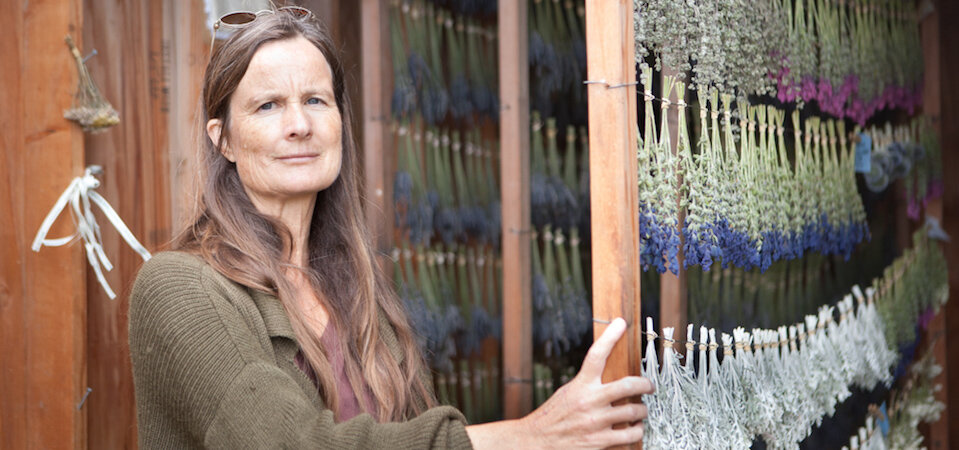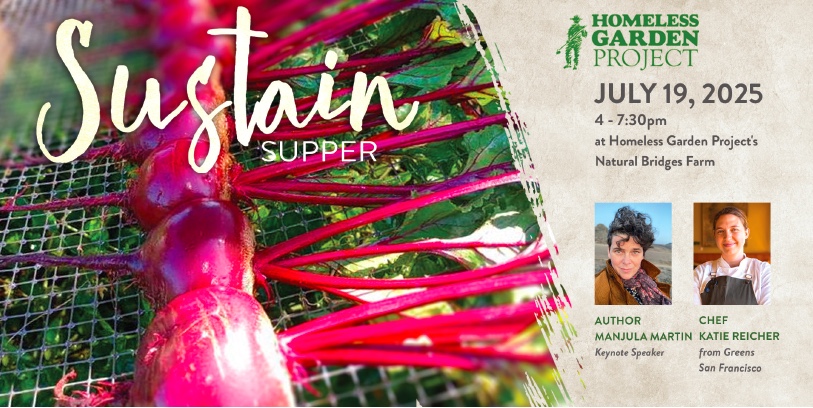In the soil of our urban farm, people find the tools they need to build a home in the world.
Our Mission

We’re really working on getting people back into society to help strengthen the bridge between the housed and unhoused communities by eliminating stigmas and stereotypes.
We're a nonprofit organization based in Santa Cruz with a mission to build a thriving and inclusive community, workforce, and local food system. Our mission is to provide people experiencing homelessness with the tools they need to build a home in the world. We believe gardening is essential for helping individuals heal, grow, and thrive. The farm is a very healing place to be, and our work fills basic needs like nourishing people. It provides a sense of purpose and control over one’s life, which is often missing for those who experience homelessness.
Our Story
In May of 1990, the Citizens Committee for the Homeless, a Santa Cruz County nonprofit organization, began a new project by opening the gates of an organic garden on Pelton Avenue.
The Homeless Garden Project would provide job training and meaningful work in a therapeutic environment. The Homeless Garden Project began as a place to provide sanctuary, refuge, and meaningful work within the healing space of the organic farm. Blossoming over time and furthering the project's benefits, the farm harvests have provided an opportunity to support our vision and community through our CSA program, farm stand, and crafts, which are sold at our local Santa Cruz stores & online.
We are genuinely humbled by the profound transformations our trainees make in our job training program, and the generous support provided by our community. Our purpose-driven nonprofit has proven to be a benefit to our neighbors in need, our community, and our environment. We couldn’t have done this without the continued generosity and support of our donors, volunteers, and CSA members. We are so grateful for each one of you!

